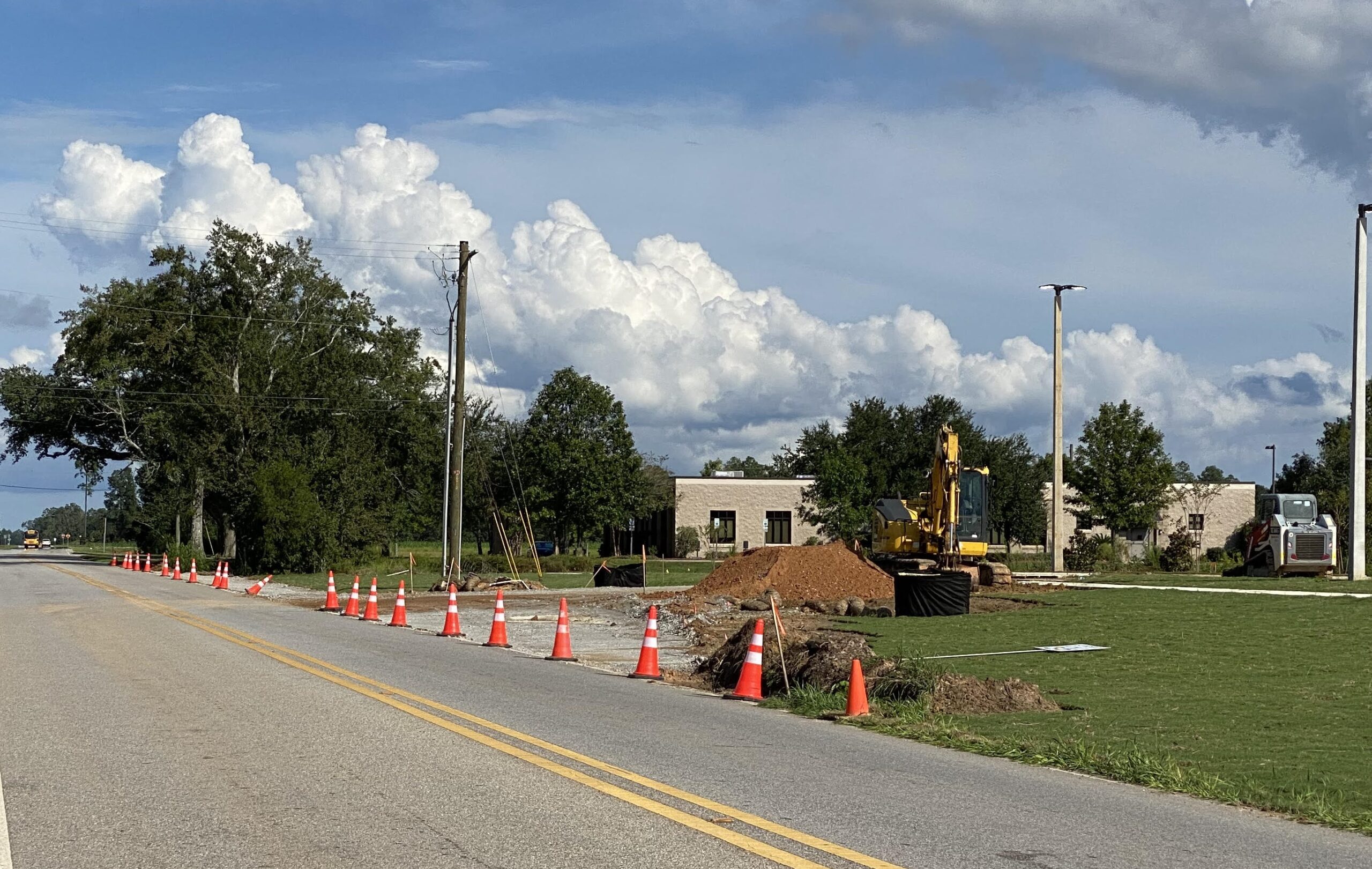FOLEY – New permit requirements for work on rights of way will help Foley keep track of major projects near city streets.
The Foley City Council voted Monday, Sept. 16, to approve an ordinance setting permit requirements for work conducted on the right of way of municipal streets.
City-owned rights of way include property beyond the edges of municipal streets. The size of the right of way varies on different streets.
The ordinance will have little effect on residential property owners wanting to work on rights of way next to their homes, Wayne Dyess, executive director of infrastructure and development, said.
“The routine projects, which will be the majority of these, will be an online permit,” Dyess said. “You basically sign the permit saying you’re going to meet the conditions and those things, and it’s automatic. The other ones will take a review by the city to ensure they’re in compliance with our regulations.”
Major projects requiring a review include work along more than 500 linear feet of right of way or one city block.
“This would break projects down into minor, major and also routine projects,” Dyess said. “Most of the things we see are routine projects. They’ll be like someone who’s making a connection for a water main, sewer main, those kinds of things.”
The city will not charge a fee for a permit for a minor project.
Dyess said one recent major project blocked traffic along a main city street. The permit requirement will allow city officials to have a list of ongoing projects and contacts of those doing the work.
The ordinance also ends a moratorium on above ground utilities in Foley.
“This will effectively end the moratorium we’ve had on above ground, aerial utilities and things of that nature,” Dyess said. “That ordinance said for one year or until the new right of way ordinance is adopted, this will effectively end that moratorium.”
The City Council approved the moratorium restricting new overhead utility lines in January.
Mayor Ralph Hellmich said the ordinance will help the city keep track of projects and to have a list of the people or companies to contact if problems occur.
“I think what our ordinance is trying to accomplish is that any modification of the right of way needs to be permitted,” Hellmich said. “The city needs to be aware of it . That way we don’t get unforeseen consequences that come up.”



